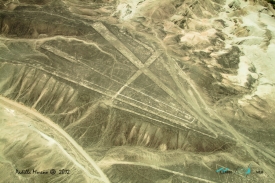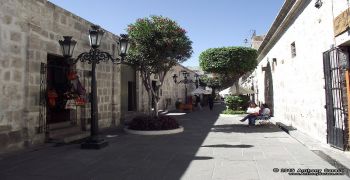ABOUT Mile
The mile is an English unit of length of linear measure equal to 5,280 feet, or 1,760 yards, and standardised as exactly 1,609.344 metres by international agreement in 1959.
With qualifiers, "mile" is also used to describe or translate a wide range of units derived from or roughly equivalent to the Roman mile, such as the nautical mile (now 1.852 km exactly), the Italian mile (roughly 1.852 km), and the Chinese mile (now 500 m exactly). The Romans divided their mile into 5,000 Roman feet but the greater importance of furlongs in pre-modern England meant that the statute mile was made equivalent to 8 furlongs or 5,280 feet in 1593. This form of the mile then spread to the British-colonized nations some of which continue to employ the mile. The US Geological Survey now employs the metre for official purposes but legacy data from its 1927 geodetic datum has meant that a separate US survey mile (6336/3937 km) continues to see some use. While most countries replaced the mile with the kilometre when switching to the International System of Units, the international mile continues to be used in some countries, such as Liberia, the United Kingdom, the United States, and a number of countries with fewer than one million inhabitants, most of which are UK or US territories, or have close historical ties with the UK or US.
The mile was usually abbreviated m. in the past in the USA but is now written as mi to avoid confusion with the SI metre. However, derived units, such as miles per hour or miles per gallon, continue to be abbreviated as mph and mpg, respectively. In the United Kingdom, road signs still abbreviate mile to m.
With qualifiers, "mile" is also used to describe or translate a wide range of units derived from or roughly equivalent to the Roman mile, such as the nautical mile (now 1.852 km exactly), the Italian mile (roughly 1.852 km), and the Chinese mile (now 500 m exactly). The Romans divided their mile into 5,000 Roman feet but the greater importance of furlongs in pre-modern England meant that the statute mile was made equivalent to 8 furlongs or 5,280 feet in 1593. This form of the mile then spread to the British-colonized nations some of which continue to employ the mile. The US Geological Survey now employs the metre for official purposes but legacy data from its 1927 geodetic datum has meant that a separate US survey mile (6336/3937 km) continues to see some use. While most countries replaced the mile with the kilometre when switching to the International System of Units, the international mile continues to be used in some countries, such as Liberia, the United Kingdom, the United States, and a number of countries with fewer than one million inhabitants, most of which are UK or US territories, or have close historical ties with the UK or US.
The mile was usually abbreviated m. in the past in the USA but is now written as mi to avoid confusion with the SI metre. However, derived units, such as miles per hour or miles per gallon, continue to be abbreviated as mph and mpg, respectively. In the United Kingdom, road signs still abbreviate mile to m.










